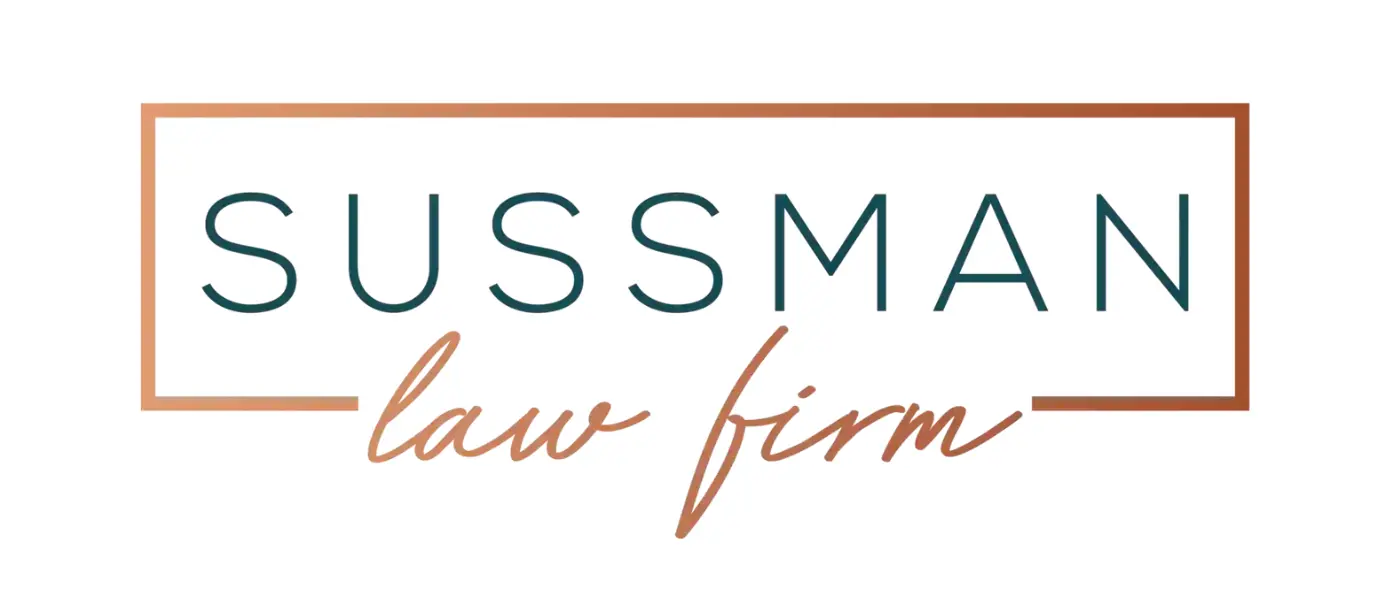- Home
- Services
- Areas Served
- Our Firm
- Empowered People
- Blog
- Client Tools
- Giving Back
- Join the SLF Team
- Contact Us
- En Español

- Home
- Services
- Areas Served
- Our Firm
- Empowered People
- Blog
- Client Tools
- Giving Back
- Join the SLF Team
- Contact Us
- En Español
Unfortunately, not everyone is safe in their home country. Thousands of people come to the United States every year who have left their home country due to fear for their safety.
If you have left your native country because of persecution, an experienced immigration attorney could help determine if you have Charlotte asylum eligibility.
Asylum is a legal protection that allows individuals who fear persecution in their home country to remain in the United States. To be eligible for asylum in Charlotte, you must meet the definition of refugee in the Immigration and Nationality Act (INA). The INA defines a refugee as:
“Any person who is outside any country of such person’s nationality or, in the case of a person having no nationality, is outside any country in which such person habitually resided, and who is unable or unwilling to avail himself or herself of the protection of that country because of persecution or a well-founded fear of persecution on account of race, religion, nationality, membership in a particular social group, or political opinion.“
This means that to be eligible for asylum you have to show two things: you are unable or unwilling to return to your home country because you have been persecuted there in the past or have a well-founded fear that you will be persecuted if you go back, and the reason you have been (or will be) persecuted is connected to one of five grounds:
There is a 12-month period in which you can apply for asylum that starts when you arrive in the United States. However, if circumstances have changed or you can show good cause as to why it took longer than 12 months to request asylum, you may still be able to apply.
Persecution is not defined by the INA, but rather by the courts, which define it as “a threat to life or freedom on account of race, religion, nationality, political opinion or membership of a particular social group” (Matter of Fefe, 20 I. & N. Dec. 166, 118 [BIA 1989]). To be eligible for protection in Charlotte, you may have suffered from:
Furthermore, your persecution may not have just been physical; it could also have been emotional or psychological.
To rise to the level of persecution, the actor (the group or individual) who is persecuting you should be: a government body; a non-government body that the government cannot or will not control, such as a gang, paramilitary group, or guerilla group; or a government actor, such as a government-sponsored group.
To qualify for asylum in Charlotte, you must demonstrate either a well-established fear of persecution or past persecution.
To show a well-established fear of persecution, you must have both an objective and subjective fear of returning to your country of origin. This means that not only do you have a genuine fear of returning, but that any individual in the same situation as you would also fear ill-treatment. This is established by evidence and testimony of the circumstances in that country. The threshold is to show a reasonable possibility of persecution.
Showing past persecution is sufficient if the hostility was severe enough for you to fear returning to your native country. However, if circumstances have changed since you left—for example, a regime change—your claim can be rejected. Further, if you have returned to your home country, your case will be weakened.
If you have been forced to abandon your homeland due to a fear of persecution or past ill-treatment, you may be able to seek legal protection, allowing you to remain in the United States. Contact one of our compassionate attorneys today to help you determine your Charlotte asylum eligibility.
Charlotte Family & Divorce Lawyers and Immigration Attorneys
 N/a
N/a